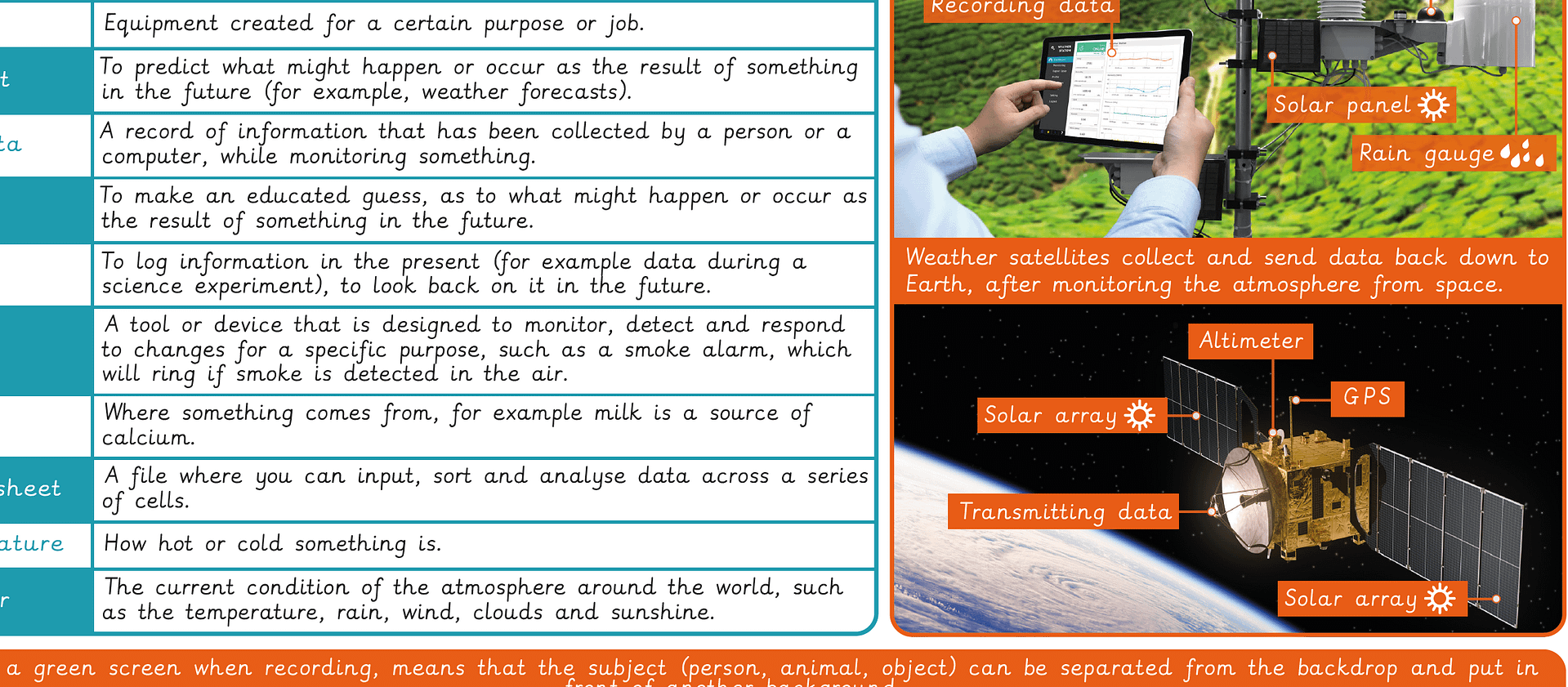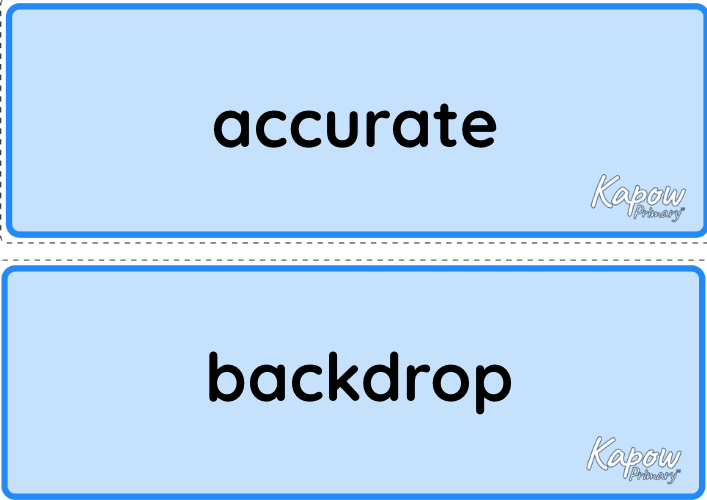Data handling: Investigating weather
This unit hub can be used to inform your medium term plan and to navigate to related resources.
The Curriculum and Assessment Review final report has been released. We’re reviewing the recommendations and planning for future updates. Learn more
- Subjects >
- Computing >
- Key stage 2 >
- Year 4 >
-
Data handling: Investigating weather
Unit outcomes
Pupils who are secure will be able to:
- Search the web efficiently to find temperatures of different cities and record this accurately.
- Design a weather station that gathers and records sensor data, explaining how it works and the units of measurement it would use.
- Design an automated machine that uses selection to respond to sensor data.
- Search for and record weather forecast information in a spreadsheet and explain how this data is collected.
- Create a video which includes weather forecast information.
Suggested prior learning
Data handling: Comparison cards databases
Get startedLessons
Lesson 1: What is the weather?
- To log data taken from online sources in a spreadsheet.
Lesson 2: Weather stations
- To design a weather station.
Lesson 3: Extreme weather
- To design an automated machine to respond to sensor data.
Lesson 4: Satellites and forecasts
- To understand how weather forecasts are made.
Lesson 5: Presenting forecasts
- To use tablets or digital cameras to present a weather forecast.
Key skills
Key knowledge
Related content
Unit resources

Knowledge organiser – Computing Y4: Investigating weather
Aimed at pupils, a single page which gives key facts and definitions from the unit.

Vocabulary display – Computing Y4: Data handling: Investigating weather
A display version of the key vocabulary from the Data handling: Investigating weather unit.
Cross-curricular opportunities
Science – temperature, eveporation and condensation, water cycle, observations and accurate measurements.
Geography – physical geography including climate zones, biomes, vegetation belts, rivers, mountains, volcanoes and earthquakes. Maps, atlases, globes and digital/computer mapping. Counties and cities of the United Kingdom.
Maths – bar charts, pictograms, tables and other graphs.
English: Spoken Language – discussions, presentations, performances, role play, improvisations and debates.

